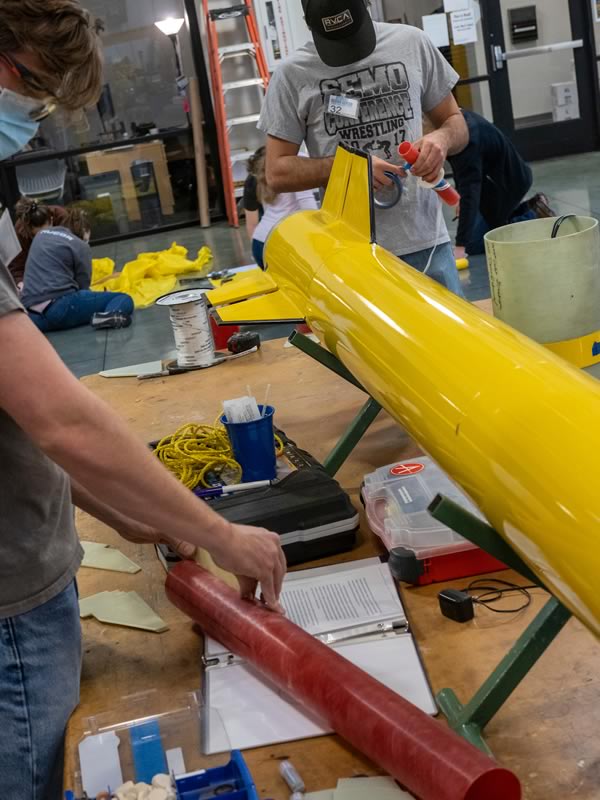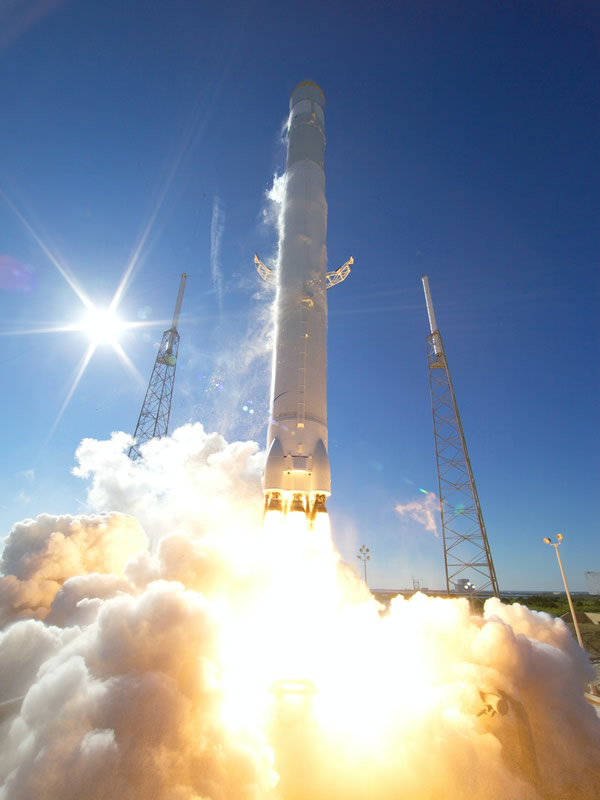PhD in Aerospace Engineering
Earn a PhD in Aerospace Engineering
The aerospace engineering graduate program at Missouri S&T offers multiple opportunities for collaboration on research and study.
You will get the benefit of working with the brightest minds in academia and industry. Doctoral students conduct groundbreaking research in our laboratories and research centers while being mentored by world-class faculty.
Want to Know More?
Get info on our program, scholarships, how to visit campus, admissions and more. Take the next step in solving for tomorrow!
Degree Information
Research in Aerospace Engineering
In our doctoral and master’s thesis programs, you will do research with our distinguished faculty in one of many areas, including advanced manufacturing, aerospace, energy, materials and structures, micro/nano systems, and robotics and vehicle systems. Almost all of our students conducting research receive financial support for their graduate education.
Explore Research Fields

Your Career in Aerospace Engineering
As an aerospace engineer, you can choose from a wide variety of careers, including research, design and development, field service, marketing, software development and teaching.
Most aerospace engineers work directly within the aerospace industry designing and developing flight-worthy aircraft.
Career Paths
- Commercial aerospace engineers
- Spacecraft designers
- Inspectors and compliance officers
- Mechanical engineers and drafters
Aerospace Engineers Work With:
- Aircraft manufacturers
- NASA centers and other federally-funded research and development centers
- Engine manufacturers
- Commercial space companies
- Helicopter manufacturers
- Government agencies and labs
- Electricity generation in power plants
- Airlines


Follow Mechanical and Aerospace Engineering